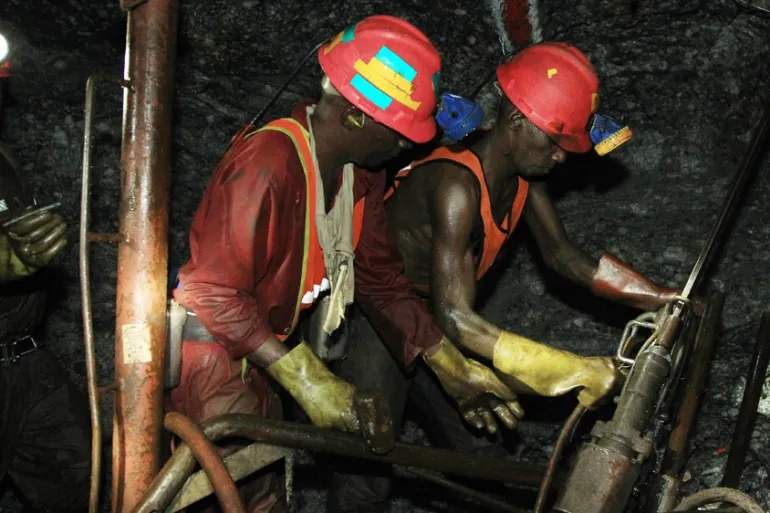Africa is being asked to go green for the world even as millions still struggle to keep the lights on at home and factories stall for lack of power.
The argument from financiers is simple: the planet needs Africa to cut emissions and embrace cleaner energy. But behind that global pitch lies a quieter worry across the continent, what happens to the people who still depend on oil, gas and coal for a living?
U.S. President Donald Trump dismissed climate change as a hoax. Strip away the politics and his message echoed a fear shared in working-class towns everywhere: fossil fuels create far more jobs than clean energy does today.
The International Energy Agency estimates that about 13 million fossil-fuel jobs will disappear globally by 2030, even as 30 million roles emerge in renewable industries. That sounds like a fair trade until you ask where these new jobs are, and who exactly can get them.
Nowhere on the continent is that tension more visible than in South Africa’s coal belt. Roughly 100,000 miners and power-plant workers face an uncertain future as coal is slowly wound down. Many have decades of hands-on experience. But knowing how to run a turbine doesn’t automatically qualify you to install solar grids or manage wind farms. If training doesn’t move as fast as the energy transition, people will be left without options.
Read Also: How Much Electricity Does a Typical South African Home Use Per Month? (2025 Guide)
Other African countries are trying to avoid that fate.
In Nigeria, engineers from oil and gas have been moved into solar projects and energy-efficiency programmes.
Kenya’s geothermal expansion has opened new paths for technicians who once worked in thermal plants.
Rwanda, Morocco and Ghana have retrained workers from fossil and mining sectors for hydropower, wind and hybrid-energy operations.
These are promising steps but they are still drops in the ocean compared to the scale of the challenge.
Project Management Institute data suggests Sub-Saharan Africa will need up to 2.1 million additional project professionals by 2035, a jump of roughly 75%. Meanwhile, universities and training systems are lagging behind. That gap matters: energy, transport, construction and technology projects fail not only from lack of money, but lack of skilled people to run them.
PMI estimates that Africa loses about 10% of infrastructure investment every year because projects stumble. That is billions of dollars vanishing not because of corruption or politics alone, but because the continent does not yet have enough trained planners, engineers, schedulers and supervisors.
The energy shift isn’t only about solar farms and wind turbines. It’s about retraining welders, electricians, technicians and plant operators. It’s about building schools that teach tomorrow’s skills instead of yesterday’s. And it’s about protecting workers who powered the old economy so they can find a place in the new one.
Africa has been told the green transition is non-negotiable. The real debate now is whether it will be fair.
A “just transition” will be judged not by speeches or global summits, but by whether a coal worker in Mpumalanga, an oil engineer in Port Harcourt or a thermal-plant technician in Naivasha can still build a future for their family.



